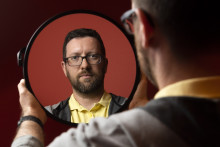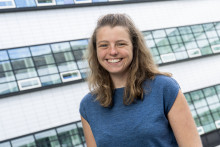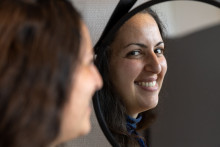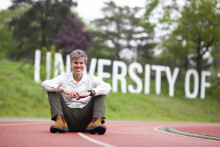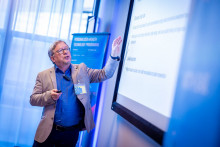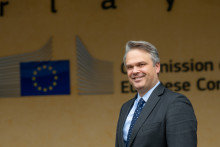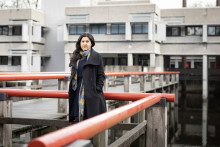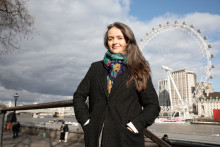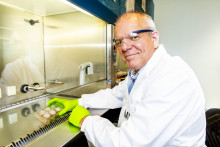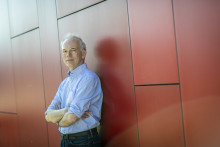- EN
- NL
 Spotlight
Spotlight‘Het beeld dat Nederlandse studenten worden verdrongen door internationals, klopt niet’
De internationalisering van universiteiten ligt onder een vergrootglas in de Tweede Kamer. Op de UT komt inmiddels ruim dertig procent van de studenten uit het buitenland. Wat is het belang van deze internationale studenten voor de UT en de regio Twente? Vier betrokkenen geven hun visie aan de hand van vier stellingen.
- EN
- NL
 Spotlight
Spotlight‘The perception that Dutch students are being crowded out by internationals is incorrect’
The internationalisation of universities is under close scrutiny in the Dutch parliament. Right now, over thirty percent of UT’s student population comes from abroad. But what value do these international students bring to the UT and the Twente region? Four stakeholders share their views based on four statements.
